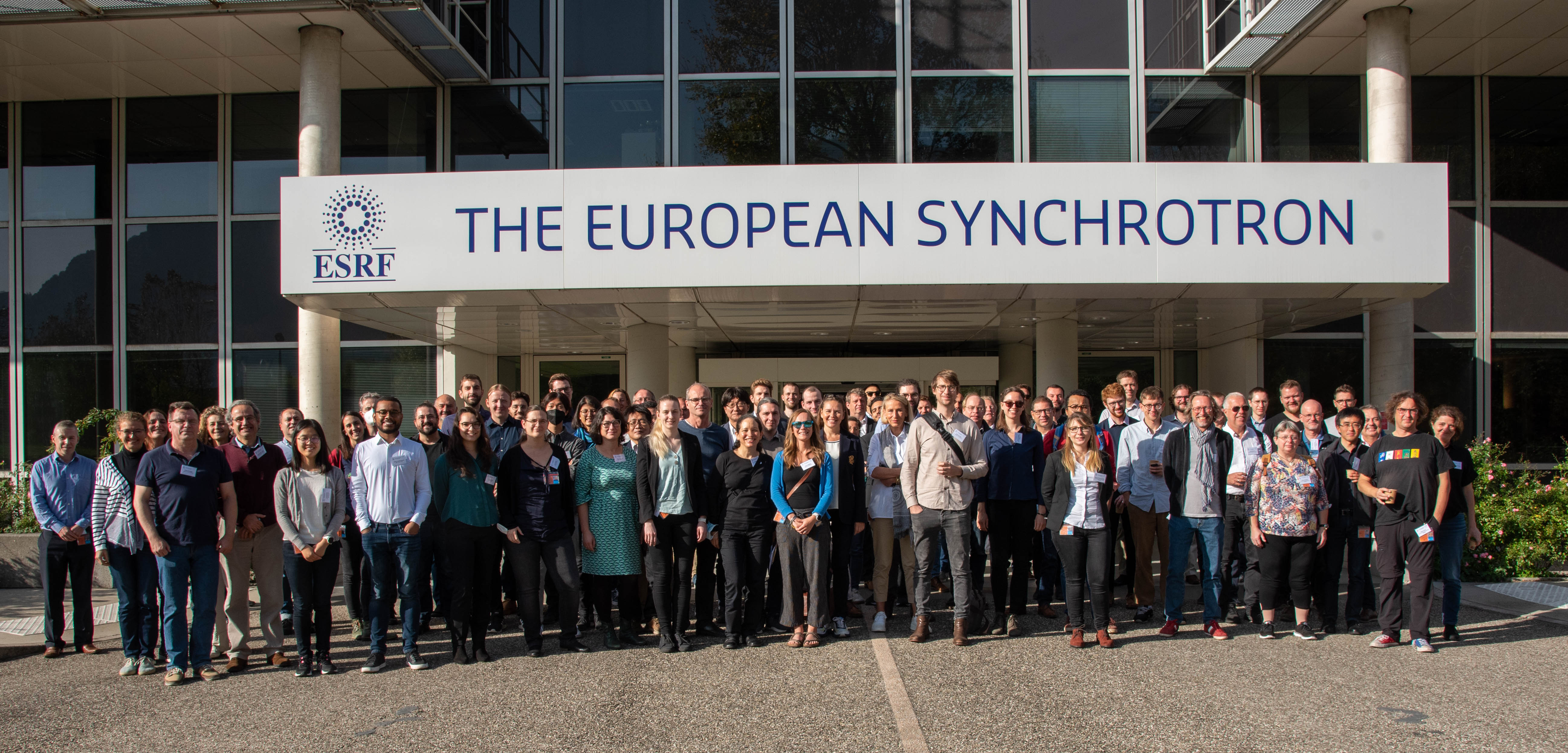- Home
- Events
- Conferences and Workshops
- 2022
- ATAS-AnXAS Workshop
ATAS-AnXAS Workshop
ATAS 2022
5th International Workshop on Advanced Techniques in Actinide Spectroscopy
AnXAS 2022
9th Workshop on Speciation, Techniques and Facilities for Radioactive Materials at Synchrotron Light Sources
Organizing committees
Local:
- ROBL/HZDR
- Andreas Scheinost
- Kristina Kvashnina
- Damien Prieur
- Christoph Hennig
- Jan Pieter Glatzel (ESRF)
- ESRF administrative coordinators:
- Valérie Clément
- Eva Jahn
- Sabine Schreiber
- Ewa Wyszynska
Scientific:
- Robert J. Baker, Trinity College Dublin (Ireland)
- Rainer Dähn, PSI (Paul Scherrer Institut, Switzerland)
- Christophe Den Auwer, Université de Nice (France)
- Harald Foerstendorf, HZDR ( Helmholtz-Zentrum Dresden-Rossendorf, Germany)
- Ken Kemner, ANL (Argonne National Laboratory, USA)
- Katherine Morris, The University of Manchester (UK)
- Katharina Mueller, HZDR ( Helmholtz-Zentrum Dresden-Rossendorf, Germany)
- Tobias Reich, University of Mainz (Germany)
- Joerg Rothe, KIT (Karlsruhe Institute of Technology, Germany)
- David Shuh, LBL (Laurence Berkeley Laboratory, USA)
- Jim Tobin, University of Wisconsin (USA)
- Satoru Tsushima, Tokyo Institute of Technology (Japan)
- Tsuyoshi Yaita, JAEA (Japan Atomic Energy Agency, Japan)
- Ping Yang, LANL (Los Alamos National Laboratory, USA)
Scope of the workshop
The aim of the proposed workshop is to gather both experts and novices in the field of actinide speciation using a variety of synchrotron techniques, as well as other advanced spectroscopic methods and theoretical simulations. We will assess and discuss the current status, potential, and future prospects for these partly well established, partly emerging techniques. AnXAS is also a platform for actinide beamlines at synchrotron light sources around the world, providing the latest information on new installations and upgrades. The focus of this workshop will also be to strengthen the ESRF based user community in actinide sciences, define future research directions and guide the worldwide efforts to build new dedicated end-stations.
Motivation
AnXAS is a series of unique international workshops, which focus on basic and applied research of radioactive materials using synchrotron-based techniques. The workshops have been held in France, USA, Germany, Japan, Switzerland, and the UK. In 2022, the workshop shall come back to where it started in 1998, the ESRF, where the EBS along with the new ROBL-II provide an excellent meeting background.
AnXAS will be combined for the first time with ATAS, an International Workshop on Advanced Techniques in Actinide Spectroscopy, which has been held since 2012 in Germany, USA and France. ATAS is particularly focusing on complementary application of various spectroscopic techniques and their combination with theoretical approaches for a profound understanding of structures, thermodynamics and kinetics of f-elements complex formation.
Both workshops have been delayed due to CoVid from their usual tri- (AnXAS) and bi-annual patterns, and should take place again in 2022. Both serve similar communities and this combined event in 2022 will certainly improve synergistic effects and foster the scientific discussion between spectroscopists and theoreticians. Furthermore, scheduling conflicts in 2022 will be avoided.




